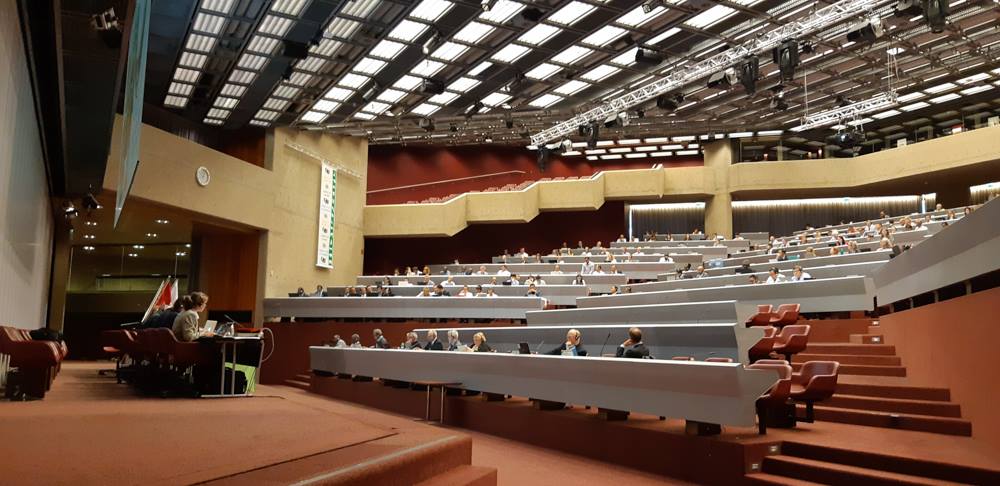
31 Jul 2018 CITES reaffirms sustainability Leopard hunting in Africa
The Convention in International Trade in Endangered Species (CITES) concluded its meeting of scientific experts (Animals Committee) on 21 July 2018. The major achievement was the positive outcome of the review of leopard hunting quota for several African countries: the quota of 7 countries could be retained, as the review showed that they were sustainable and not detrimental to the survival of the species.
 CITES regulates international trade to make sure that trade in endangered species is legal, sustainable and not detrimental to the survival of the species. During the last Conference of Parties (CoP), in Johannesburg (2016), it was decided that the long-standing quota for Leopard hunting trophies and skins should be reviewed by the committee of scientific experts, the Animals Committee.
CITES regulates international trade to make sure that trade in endangered species is legal, sustainable and not detrimental to the survival of the species. During the last Conference of Parties (CoP), in Johannesburg (2016), it was decided that the long-standing quota for Leopard hunting trophies and skins should be reviewed by the committee of scientific experts, the Animals Committee.
Seven countries submitted documents for a review: Mozambique, Uganda, Namibia, South Africa, Tanzania, Zambia and Zimbabwe. For these countries the CITES Committee concluded that the quotas are still sustainable and not detrimental to the survival of the species. The countries, in their documentation, mentioned the multitude of benefits they receive from the quota, examples are: benefits for local communities, economic incentives for conservation and resolving or mediating human-leopard conflicts.

